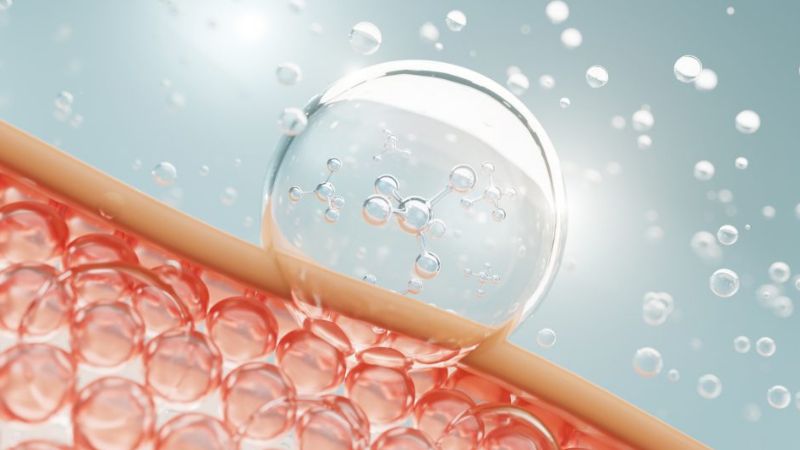Collagen has gained a reputation as a powerful supplement for promoting healthy and youthful skin. But what exactly is it, and how does it work? Collagen is a vital protein that makes up a significant portion of our body’s structure, found in our skin, bones, cartilage, and muscles. It provides structural support and keeps our skin supple and elastic, our bones and cartilage strong, and our hair and nails healthy.
As we age, our bodies produce less collagen, leading to the formation of wrinkles and a loss of skin elasticity. This is where collagen supplements come into the picture. These supplements, usually in the form of pills, powders, or topical creams, promise to reduce wrinkles, improve skin texture, and boost the body’s immune system.
But what age is appropriate to start taking collagen supplements? While there isn’t a definitive answer, experts suggest that our bodies start to show signs of collagen depletion around the age of 25 to 30. At this stage, incorporating collagen supplements can help maintain and improve skin health. However, it’s important to remember that not everyone needs to take collagen, and the decision should be based on individual beauty goals and priorities.
Additionally, a healthy diet and proper nutrition can also contribute to maintaining skin health. If you’re considering taking collagen supplements, it’s advisable to consult with your doctor or a nutritionist to get personalized advice based on your health and specific goals.
1 What is Collagen?
Collagen is a critical protein that constitutes a large part of the human body’s structure and that of other animals. It is present in the skin, bones, cartilage, and muscles, with its primary function being to provide structural support to the body’s tissues and organs. Collagen is responsible for keeping the skin smooth and elastic, maintaining strong bones and cartilage, and promoting healthy hair and nails.
Collagen is also widely used in the beauty and wellness industries, often in the form of pills, powders, or skin creams. These collagen products are marketed as a way to reduce wrinkles, enhance skin structure, and boost the body’s immune response.
It’s worth noting that there are different types of collagen, but the most prevalent in the human body are types I, II, and III. Each type has unique functions and distributions within the body.
 Collagen is an essential protein
Collagen is an essential protein
2 When Should You Start Taking Collagen Supplements?
There hasn’t been conclusive research determining the exact age to start taking collagen supplements, as individual needs may vary.
According to experts, some people may start experiencing collagen depletion in their bodies around the age of 25 to 30, with changes occurring gradually over time. At this point, collagen supplements can help maintain and enhance skin condition. However, it’s worth noting that not everyone needs to supplement collagen, and this decision should be based on personal beauty goals and priorities.
In addition to supplements, maintaining a healthy diet and providing the body with adequate nutrients can also support skin health. If you’re considering collagen supplements, consult with a doctor or nutritionist to get tailored advice based on your health and unique goals.
 When to Start Taking Collagen Supplements?
When to Start Taking Collagen Supplements?
Here are some things to keep in mind regarding collagen supplementation:
- Women on birth control pills should exercise caution when considering collagen supplements. The combination of the two may lead to unwanted side effects, such as a perceived reduction in contraceptive effectiveness, along with issues like skin pigmentation and fatigue.
- Combine collagen supplementation with a healthy lifestyle, including regular exercise, to promote scientific skin development and regeneration.
- Before starting collagen supplements or any other product, if you have any allergies or sensitivities to its ingredients, consult your doctor.
- For optimal results, follow a consistent collagen supplementation cycle. Typically, it’s recommended to use the supplement for three months and then take a break for at least one month to allow the body to effectively absorb the collagen before resuming maintenance doses.
The information provided above offers insights into the question of when to start taking collagen supplements. We hope this article has equipped you with valuable knowledge on the subject.
Skin with Facial Cleanser Use’>4 Tips to Prevent Sagging Skin with Facial Cleanser Use
Are you considering using a facial cleansing device to maintain a healthy skin regimen? Before taking the plunge, it is important to understand the potential risks associated with their use, such as the possibility of skin sagging. To help you make the most out of your facial cleansing device, we’ve put together 4 tips that will help you maintain the integrity of your skin’s health.





































